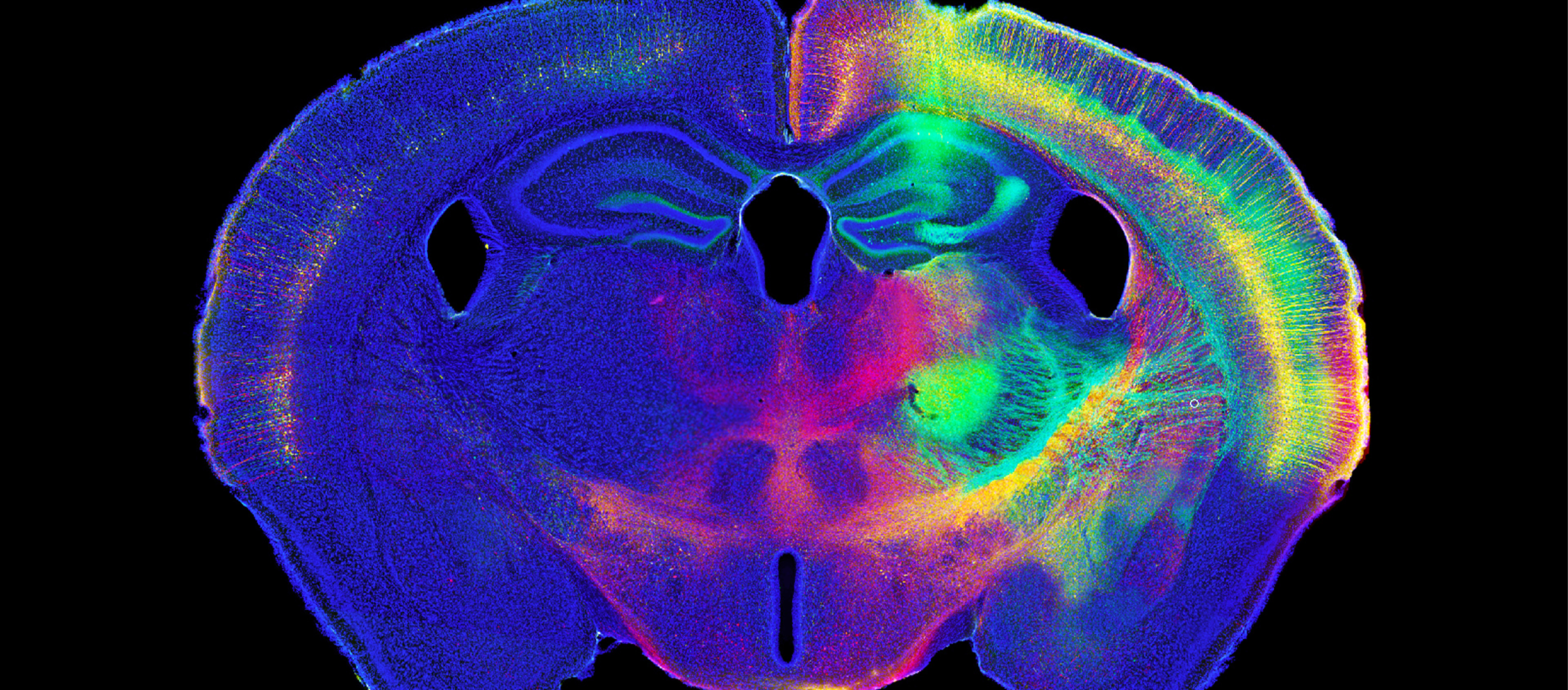Name: Geoff Greene Position: Chief Scientific Applications Officer What does your job entail? When I’m not traveling, I spend most of my time in the office helping our existing or prospective customers to better understand how our systems can help them with their specific research projects. Most of what I do is work in a pre-sales technical support or consulting role. This involves working with customers to...
Read More
MBF Bioscience Blog
Long before a newborn baby takes its first breath, oxygen plays an integral role in its development. Oxygen-rich blood fed through the placenta facilitates the growth of a healthy fetus, powering cells to form organs and biological systems so that a healthy human emerges after nine months in utero. However, when a fetus doesn't receive enough oxygen, birth defects such as cerebral palsy can occur. Scientists...
Read MoreA stroke can leave its victim mentally and physically devastated. Recovery is demanding, and takes drive and determination. If the patient doesn't receive medical attention within the small, critical window of time after the stroke occurs, chances of a quick recovery are slim. Developments in stem cell research find doctors optimistic about new possibilities for stroke rehabilitation. Scientists at the Stanford Stroke Center, one of the...
Read MoreWhen Pavlov's dogs started salivating in response to a ringing bell, something happened in their brains—a memory was encoded. Over a century later scientists are still figuring out how memories are physically represented in the brain. One lingering question has been whether or not the same set of neurons is activated when a particular memory is formed. Researchers at the Johnson Lab at the Uniformed...
Read MoreDuring pregnancy, the uterus grows to accommodate the increasing size of the fetus within. Makes sense. But what is it exactly that compels the uterus to get bigger? If you said pregnancy hormones, you're right. And if you said the growing fetus, stretching the uterine walls, you're right too. Researchers attribute the growth of the uterus during pregnancy to both hormones and mechanical stretch (the fetus...
Read MoreWhat would you do with a neuron if you could activate its synapses in any combination you wanted? Tiago Branco, Beverley A. Clark and Michael Hauser created a chance to do just that (Branco, 2010). The authors, using in-vitro brain slices containing layer II/III pyramidal cells in visual or somatosensory cortex of rats, were able to excite identified spines in any order and with whatever...
Read MoreYou could have the best hearing aids on the market, but if there is damage to the central auditory system, you're still not going to hear. Comprised of a sophisticated network that includes the auditory cortex and the inferior colliculi, the central auditory system is the part of the brain responsible for processing sound. Scientists at the Instituto de Neurociencias de Castilla y León and...
Read MoreJust five days to go until the Society for Neuroscience's 40th annual meeting in San Diego. This year we're pleased to offer a full program of informative presentations on topics like 3D neuron tracing, automatic neuron reconstruction, and fluorescent stereology in addition to unveiling some exciting new technologies including the latest version of Neurolucida and Stereo Investigator. And we invite you to attend our poster...
Read MoreScientific research shows that women are twice as likely as men to develop stress disorders. Why are women more sensitive than men to stress? A recent research study presents new evidence that estrogen could play a role. The symptoms of disorders like major depressive disorder and post traumatic stress disorder lead neuroscientists to speculate that a dysfunction occurs in the way the medial prefrontal cortex connects...
Read MoreStomach pain, heartburn, and head rushes are frequent complaints of patients suffering from long-term diabetes. Doctors usually blame these symptoms on autonomic neuropathy, a dysfunction of the nerves that regulate blood pressure, heart rate, and digestion. But there's really not all that much evidence out there to prove this diagnosis. Researchers at the University of Minnesota and Wake Forest University set out to discover the...
Read More








